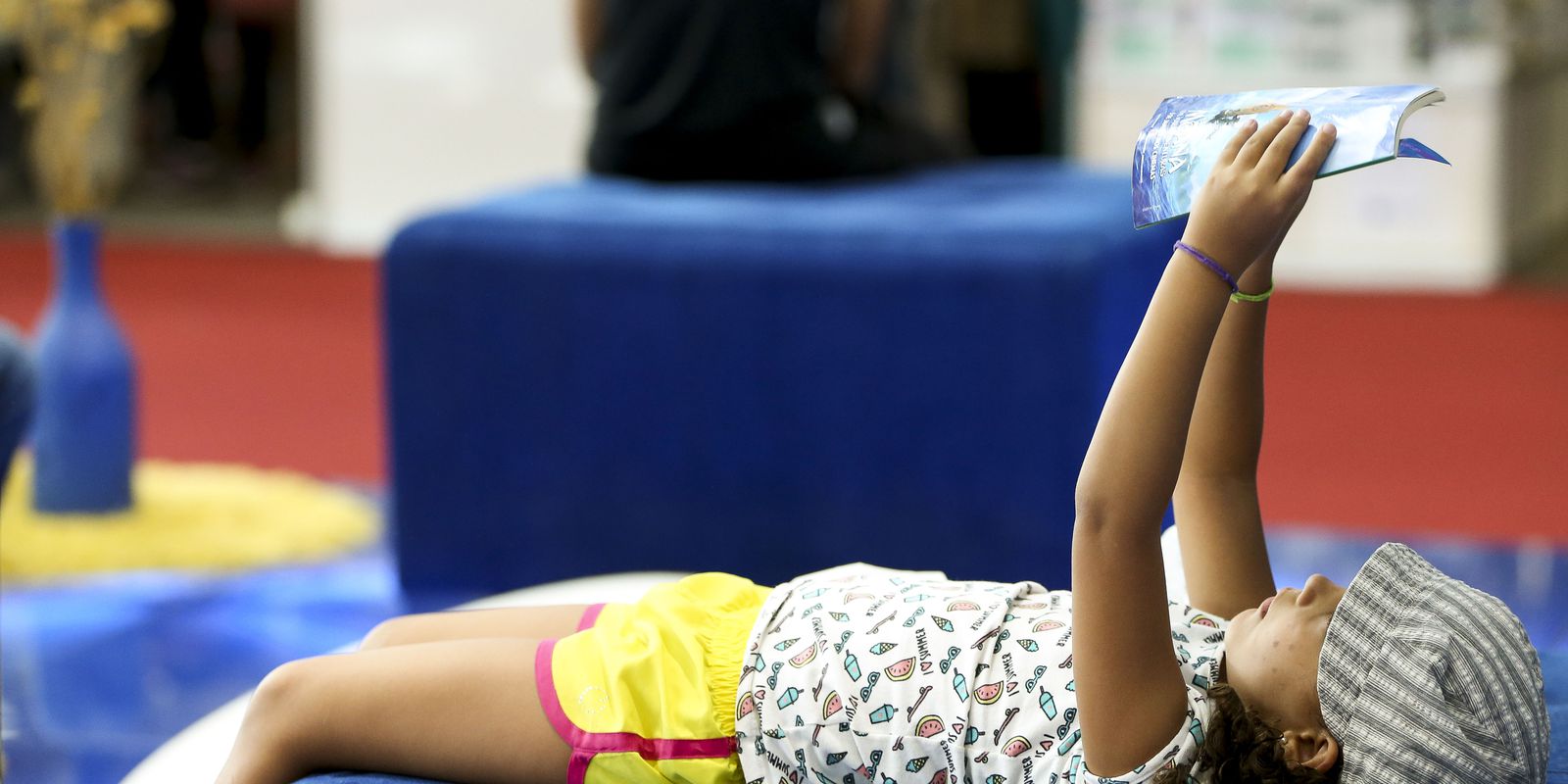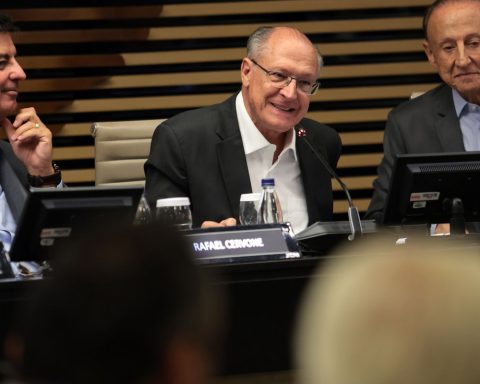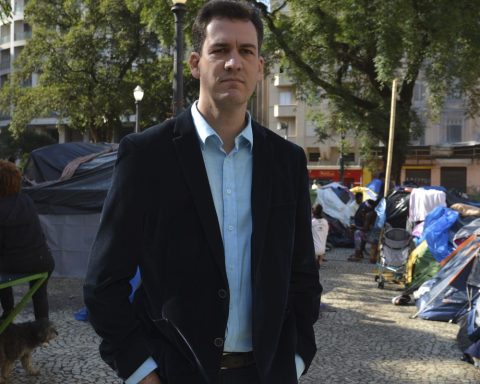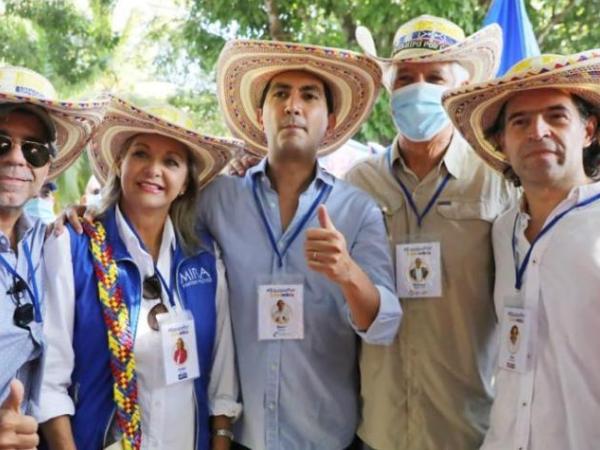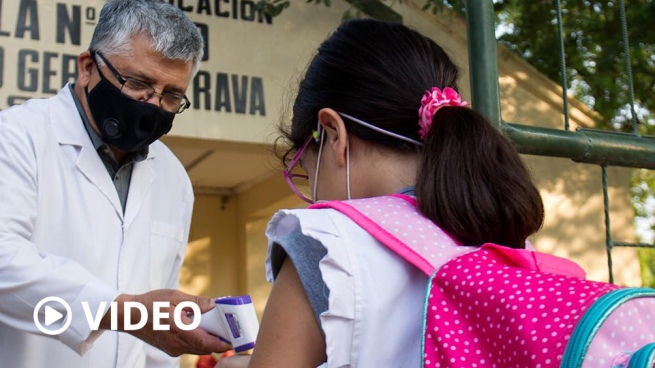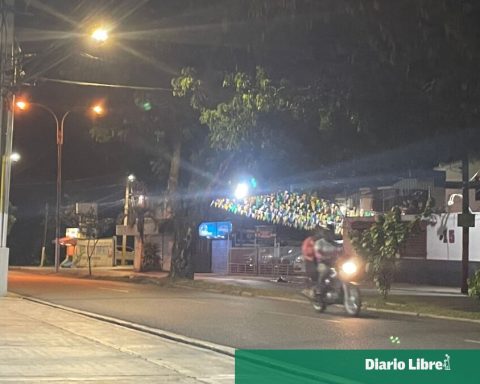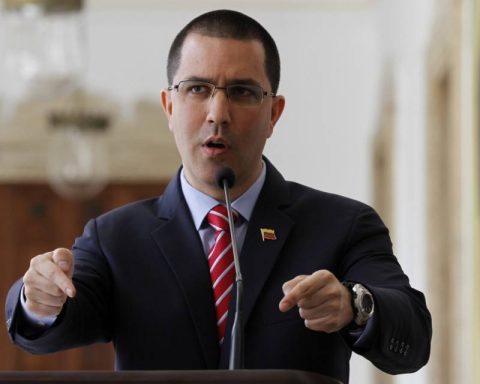Addressing sensitive issues like death, divorce and illness with children is no easy task. Even for adults, dealing with these issues requires emotional balance. But, with children, approaching in a playful way, through books, can be the way to start the subject in a more understandable and humanized way.
Books can help families and educators deal with important transition times for children, such as leaving diapers, saying goodbye to a pacifier, or dealing with the death of a family member or pet.
Fernando Vernilo worked for ten years as Public Relations and, when she became a mother, she missed books that addressed topics such as weaning and potty training, for example. This is how the book collection project Conto com Você was born.
“I left my job for a [ano] makeshift sabbatical, after the birth of my first child, and was looking for an opportunity to start a business. The idea for the book came when I started studying about how to wean ourselves and discovered that the playfulness of the story would help a lot in communication. Books like this did not exist in Brazil and, as I am a communications graduate, I strongly believe in the importance of clarity in what is said for the success of the process. Thus were born the Suck when the sun rises and Bye, Tetethe first books to support weaning in Brazil”.
The books in the collection also address feelings such as jealousy over an unborn sister or sadness over the separation of parents. Fernanda says that, in addition to helping to go through these challenges with ease, the books in the collection put children as protagonists in the process with autonomy and respect.
“The purpose of the Collection is to publish books on various childhood themes to help in the dialogue between generations, with great acceptance, truth and respect”.
Suck when the sun rises and Bye, Tete were the publisher’s first two titles, written by Fernanda. From 2018 until today, the publisher has published more than 25 other titles by different authors, all following the same narrative proposal, such as Dino Davisaurusfor anger management, and Can stopfor the prevention of sexual abuse.
peace and respect
Faced with the scenario that the world is witnessing of a war between Russia and Ukraine, in Eastern Europe, a book can clarify for children the importance of peace and unity between countries, but mainly between people.
The book Laboratory Peace took two years of research with children and adults, who reported what they know about peace and what they wish they had learned in childhood. The work works on values such as respect, love, friendship, empathy, freedom and union. Author Izabel Stresser Araujo reports that the book project began when her father died.
“When my father passed away, I had a very difficult time, where I could not find peace and this led me to reflect that we know little about her, what she is made of, what we can do to feel at peace. I dove into a two-year project to write the book. I thought a lot about my daughter, about reflections and conversations I would like to have with her”.
However, says Renata, the inspiration for the plot came years before her father’s death. “The funny thing is that five years ago I dreamed about the story of a book in which children heard that peace was disappearing and decided to manufacture it in a laboratory to help the whole world. For that, they needed to find out what peace is made of.
“I decided to put this dream into practice and asked more than 200 people what they would like to have learned about peace in childhood. From there, seven ingredients emerged: love, empathy, freedom, courage, respect, friendship and unity, which are addressed in a playful way, as if it were an adventure in the search for ingredients”.
What did she learn from writing? Laboratory Peace, is what he hopes children will absorb from reading. “I learned that we are taught to camouflage our feelings and we think that peace is the absence of conflict. In peace, we learn to deal with conflicts, which will always exist. Because we think that peace is not disagreeing, we give up ourselves and our feelings in exchange for a false peace. We urgently need to educate about peace, more than we educate about competition”, defends the author.
childhood cancer
Talking about diseases with the little ones is another complex topic, but it becomes even more important if it is the child who has a serious illness, such as cancer, for example.
After going through the pain of losing a child to leukemia, Francisco and Sonia had the dream of taking the topic to their classrooms. They are managers of Ronald McDonald Institutea non-profit organization that has been working for over 22 years to bring families closer to a cure for childhood cancer.
For the mission, they invited the writer Isa Colli. She accepted the invitation and wrote Tulipa Glória and her friend Vitória. The book launch is part of a larger project, which will allocate a percentage of sales to the treatment of cancer patients.
In the book, the little seed Glória and the girl Vitória, who is undergoing treatment for leukemia, become friends. The children’s title brings a lighter approach to the situation for children living with this disease.
The writer says that she was very touched by the invitation, because she has a long personal history of struggles and victories against cancer, which makes her participate in several projects to support the cause. Challenge accepted, the inspiration part came, says Isa.
“In just one night, I gave life to Vitória, a girl who is affectionate with her parents, but who carries a sad air precisely because she is facing a health problem. Glória, a dreamy seed, was carried by the wind to the garden where Vitória lives. Fate brings them together and the little girl’s tears give Gloria the strength she needs to survive. From there, a relationship of complicity was born between the two. In a light way, the book intends to teach the little ones how to overcome difficult problems, such as diseases”.
For the writer, it is important to be clear when approaching sensitive topics with children. “Delicate topics should be approached with children in a playful way and without hiding information. In case of Tulipa Glória and her friend VitóriaI approach cancer in a light way to motivate and bring hope to children struggling with this disease and their families”.
Little Lívia, now six years old, started the fight against leukemia when she was almost two years old. At the time, her mother used other resources for the girl to undergo chemotherapy sessions, with a little play and fantasy to endure the hours of medication application.
“To make things smoother for Livinha we did the ‘themed chemo’. We would do a little decoration in the room, I would take her a costume to wear when she finished the chemo and go to see the pediatric oncologist, Ana Luiza Rodrigues”, recalls Lívia’s mother, businesswoman Lucimara Kraj.
She says that if she had books like Tulipa Glória and her friend Vitória at the time of Lívia’s treatment, I would use the resource. “I would definitely use books too. Lívia had no understanding at all when she started treating her, for her it was just pain and despair, she barely spoke. For such small children, everything has to be playful. I never lied or hid anything from Lívia, but it’s hard to make them accept the situation. In her case, it was the love and affection of the team and of Dr Ana Luiza, who was the one who led us to the cure, in the most humane and affectionate way possible”.
The book is available for buy in site and on the largest sales platforms.
